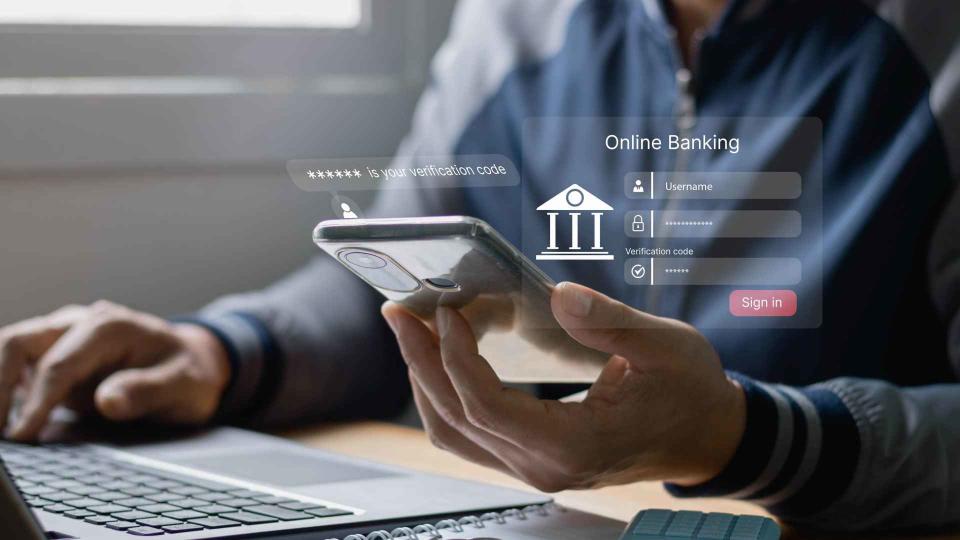2 Options You Have When Your Bank Starts Charging You for a Checking Account

Most of us are used to our checking accounts being free to own and operate; we expect to pay fees only for specific transactions like late payments to credit cards or for overdrafts.
Check Out: 8 Rare Coins Worth Millions That Are Highly Coveted by Coin Collectors
Read Next: 4 Genius Things All Wealthy People Do With Their Money
These fees can add up, with charges piling on top of charges for a single transaction. Should new banking rules become the standard going forward, however, there would be an upper limit on how much banks can charge for certain fees. Specifically, the Consumer Financial Protection Bureau (CFPB) seeks to prevent banks from being able to charge more than $8 for late credit card payments and $3 for overdrafts, as explained by Payments Dive.
According to Wall Street Journal, JPMorgan Chase — the largest consumer bank in the country — plans are underway to circumvent the regulation by instituting more consumer charges for owning a checking account or using wealth-management tools. Currently, most bank maintenance fees are avoided by having a balance above a threshold. But this could turn into a fee regardless of your balance. It won’t necessarily end there: reportedly, they are also considering increasing their interest rates and enacting a stricter policy on credit card loans. With this news in mind, here are your options should your bank start charging for a checking account.
Switch Your Account Type
You may have luck getting in contact with your bank supervisors and requesting to switch your account to avoid such fees. Certain individuals, like senior citizens or students, are often able to have monthly service fees waived— some banks will even offer various paid services for free, as explained by Forbes. There are checking accounts specifically designed for seniors that are unavailable to others. If you don’t want to switch your account entirely, you may be able to qualify for a waiver within your existing account after passing the age threshold. Forbes also notes that the banks may introduce other fees in exchange for those waived. One possibility is overdraft fees which, if the CFPB is successful and the bank remains user-friendly, would be minimal.
Learn More: How Much Does the Average Middle-Class Person Have in Savings?
Close Your Account and Switch to a Different Bank
Perhaps the nuclear option, you could opt to switch to a different bank with a more consumer-friendly policy. Chase doesn’t have a monopoly on the banking industry. It’s feasible that another bank won’t go the same route. The largest banks in the country after Chase are Bank of America, Wells Fargo, Citibank, U.S. Bank and PNC, according to the Federal Reserve. Some banks and credit unions advertise zero monthly maintenance fees as a premier feature. They don’t want to lose too much of their user base, incentivizing them to hold onto the policy.
More From GOBankingRates
This article originally appeared on GOBankingRates.com: 2 Options You Have When Your Bank Starts Charging You for a Checking Account

 Yahoo Finance
Yahoo Finance 